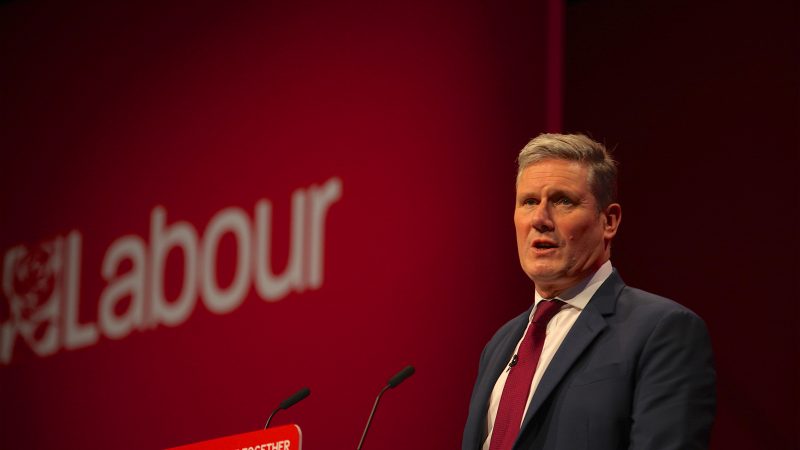
As Keir outlined his project for our country today, it was made clear that reform will play a vital role in a future Labour government that he would lead.
After the Tories crashed the economy, Labour would have one of the most difficult inheritances in post-war history. As Keir said, this will present challenges in office, but rather than being a cause for fatalism, it should instead be a catalyst for the acceleration of a programme of public service reform.
Throughout our party’s history, the opportunity to shape how our public services are run has been as central as providing greater investment. Great and lasting national change is not simply achieved by budgets, but through a paradigm shift in how we think about public services and their relationship with the British people.
Some of the most impactful changes in the history of Labour governments – from the social reforms of the 1960s to peace in Northern Ireland, the creation of National Parks and Bank of England independence – were achieved without a penny of taxpayers’ money.
This is why the ‘mission-focus’ of Keir’s project matters. The logic of a mission-based government is that by bringing agencies together behind a collective goal, public services can achieve better results for the people they serve. Just as Keir did while at the helm of the Crown Prosecution Service, his Labour government would rewire Whitehall to achieve the party’s missions.
For too many people of my generation, the dream of home ownership feels very distant indeed. That’s why the new plan that Keir announced today is so important. From the creation of a grey belt to greater densification, housing would be an engine of growth under Labour.
Housing reform is also a crucial way that Labour could reduce inequalities. As a councillor, I am heartbroken to hear the stories of so many people waiting for years to get onto the social housing list. Building the next generation of social homes will give people the security they need.
Keir also spoke strongly about putting the NHS back on its feet. One way the party has committed to doing this is the new health inequalities ‘mission delivery board.’ Staggeringly, there is a terrifying 27-year gap in life expectancy between some of the richest and poorest parts of the country. But well-renowned epidemiologist Sir Michael Marmot is clear that the vast majority of the interventions needed to tackle this are not specifically health-related and range from poor housing to lower living standards. As such, they necessitate cross-departmental working to achieve effective action.
In stark contrast to the chaos of the government’s response to Covid, a mission delivery board will bring together the key departments to unite around addressing this moral scandal. Tough on ill health, tough on the causes of ill health, you might say.
It was particularly pleasing to hear Keir talk about giving power back to communities. By devolving greater powers to neighbourhoods, his take back control bill will embrace the party’s historic communitarian tradition and belief that power should be wielded at the closest possible level to residents.
The bill’s empowerment of communities would be one of the boldest attempts at the devolution of power in British political history and further shows that the solutions to improving lives are not simply found in greater spending but in a rewiring of the relationship between the government and the British people.
Keir’s speech today shows beyond doubt that, for Labour to transform Britain in these challenging circumstances, reform must be at the centre of everything the party does.




More from LabourList
‘I spent years telling workers the law couldn’t help them – that has changed’
Josh Simons resigns as Cabinet Office minister amid investigation
‘After years of cuts, Labour’s local government settlement begins to put things right’